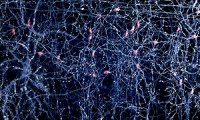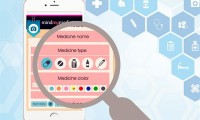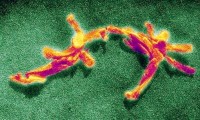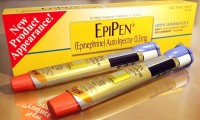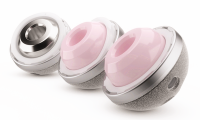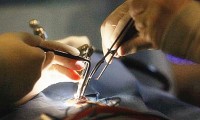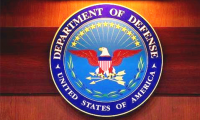-
Researchers develop new probes to record neural activity in brain
- Source: medicaldevice-network
- 485
- November 15, 2017
-
A Chinese Province Is Sequencing One Million of Its Residents’ Genomes
- Source: futurism
- 592
- November 10, 2017
-
Handheld spectral analyzer turns smartphone into diagnostic tool
- Source: Bioengineering;
- 619
- October 26, 2017
-
New synthetic genetic tool measures and manipulates protein aggregation in live cells
- Source: news-medical
- 398
- October 25, 2017
-
Apple is testing whether the Apple Watch can detect heart problems
- Source: finance.yahoo
- 832
- September 14, 2017
-
FDA sends damning warning letter to Pfizer after misfiring EpiPens linked to deaths
- Source: Proactiveinvestors
- 698
- September 11, 2017
-
MicroPort Orthopedics launches new acetabular cup system
- Source: medicaldevice-network
- 472
- August 31, 2017
-
New tech “lights up” nerves to identify, reduce accidental damage
- Source: massdevice
- 483
- August 21, 2017
-
Emergent secures $23m to develop new auto-injector for US’ DoD
- Source: medicaldevice-network.com
- 426
- August 2, 2017
your submission has already been received.
OK
Subscribe
Please enter a valid Email address!
Submit
The most relevant industry news & insight will be sent to you every two weeks.

